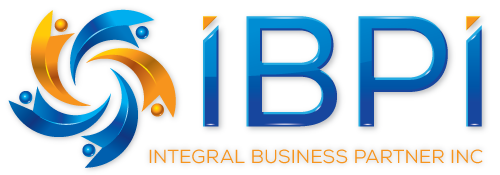The onboarding process is crucial for ensuring that new hires feel welcomed, informed, and prepared to contribute to their new roles. However, traditional onboarding practices can sometimes be inefficient, lacking personalization and engagement. Artificial Intelligence (AI) is poised to revolutionize this aspect of the staffing industry, offering innovative solutions to streamline onboarding and enhance employee integration.
Streamlining Administrative Processes
One of the most immediate benefits of AI in onboarding is the automation of administrative tasks. From document processing to setting up IT access, AI can significantly reduce the time and effort required to complete these essential steps. This not only accelerates the onboarding process but also allows HR professionals to focus on more strategic aspects of their roles.
Personalized Onboarding Experiences
AI technology enables the creation of personalized onboarding experiences for new hires. By analyzing data on employees’ roles, interests, and learning preferences, AI can tailor onboarding programs to meet individual needs. This might include customized learning modules, personalized schedules, and targeted resources that help new employees feel valued and engaged from day one.
Enhancing Engagement Through Gamification
Gamification, powered by AI, can make the onboarding process more interactive and enjoyable. By incorporating game-like elements into learning and training modules, organizations can increase engagement and knowledge retention among new hires. AI can also track progress and provide feedback in real time, creating a dynamic and responsive learning environment.
Facilitating Social Integration
AI can play a significant role in facilitating social integration, helping new employees build connections within their teams and the wider organization. AI-driven platforms can suggest internal mentors, recommend networking opportunities, and even help organize team-building activities based on shared interests and goals. This not only aids in cultural assimilation but also promotes a sense of belonging and community.
Continuous Learning and Development
Onboarding doesn’t end after the first week or month; it’s an ongoing process of learning and development. AI can support this by offering continuous learning opportunities tailored to an employee’s evolving role and career aspirations. Through AI-driven analysis of performance data, organizations can identify skill gaps and provide targeted training programs to support professional growth.
Feedback and Improvement
AI tools can gather feedback from new hires throughout the onboarding process, offering insights into their experiences and areas for improvement. This real-time feedback allows organizations to adjust their onboarding strategies as needed, ensuring that they remain effective and responsive to employee needs.
Challenges and Considerations
While the potential of AI in onboarding is vast, it’s important to approach its implementation thoughtfully. Privacy concerns, the importance of human interaction, and the risk of over-reliance on technology are all considerations that organizations must navigate. Balancing AI-driven efficiencies with personalized, human-centered experiences is key to a successful onboarding process.
Conclusion
AI is transforming onboarding and employee integration, offering tools that streamline administrative tasks, personalize learning experiences, and foster social connections. As staffing agencies and organizations embrace these technologies, they can enhance the onboarding process, improving employee satisfaction and retention. However, the successful integration of AI requires a thoughtful approach that prioritizes both efficiency and the human element, ensuring that new hires are welcomed into a supportive and engaging environment.
